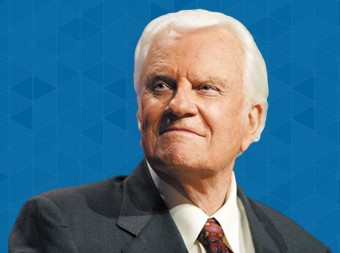Christ the True Nazarite
Who in the days of His flesh, having offered up both supplications and entreaties to Him who was able to save Him out of death … though He were Son, He learned obedience from the things which He suffered.
Hebrews 5:7–8 JND
Christ the True Nazarite
Christ, from the onset of His ministry, maintained the place of an obedient servant. He did not enter into public service until called of God, after He had taken the lowest place in John’s baptism. Christ ever walked in perfect separation of the inner man, in communion with His Father and entire dependence upon Him in obedience without a single moment of self-will. He was the most gracious and accessible of men. We observe in His ways a tenderness and a kindness never seen in man, yet we always feel that He was a stranger—not that He came to be a stranger in His relationship with men, but that which lay deepest in His own heart was entirely foreign to all that influences man.
He abode emphatically alone. It is striking that not once did His disciples understand what He said. The only trace of a heart going with Him was Mary at Bethany; and that had to be told to the whole world (Mt. 26:13). This spirit of self-denial, entire renunciation of His own will and dependence upon His Father, is seen throughout the life of Jesus. After John’s baptism, He was praying when He received the Holy Spirit. Before calling the apostles, He spent the whole night in prayer. After the miracle of feeding the 5,000, He went up into a mountain apart to pray.
In Gethsemane, His dread of death is all laid before His Father by prayer; the cup which His Father had given Him, shall He not drink it? The effect is that all is calm before men. He is the Nazarite, separated from men by His entire communion with His Father, and by the obedience of a Son who had no other will than to fulfill the good pleasure of His Father.
-- J. N. Darby
|





